Vitamin C, widely recognized as ascorbic acid, is a water-soluble vitamin that plays a critical role in maintaining the health of various bodily systems. Known for its potent antioxidant properties, Vitamin C is crucial for the synthesis of collagen, the absorption of iron, the proper functioning of the immune system, wound healing, and the maintenance of cartilage, bones, and teeth.
Nutraplus Vitamin C
$8.99
Descripción
Introduction to Vitamin C
Vitamin C, widely recognized as ascorbic acid, is a water-soluble vitamin that plays a critical role in maintaining the health of various bodily systems. Known for its potent antioxidant properties, Vitamin C is crucial for the synthesis of collagen, the absorption of iron, the proper functioning of the immune system, wound healing, and the maintenance of cartilage, bones, and teeth.
Natural sources of Vitamin C are abundant in a variety of fruits and vegetables. Citrus fruits such as oranges, lemons, limes, and grapefruits are particularly rich in this essential nutrient. In addition to citrus fruits, other significant sources include strawberries, bell peppers, spinach, kale, and broccoli. Historically, the reliance on these natural sources was underscored by the prevalence of scurvy, a disease caused by Vitamin C deficiency. Sailors and explorers in the past often fell prey to scurvy due to the lack of fresh produce in their diets, leading to symptoms such as anemia, debility, exhaustion, spontaneous bleeding, and pain in the limbs. The link between citrus fruits and scurvy prevention was one of the earliest forms of understanding Vitamin C’s vital role in human health.
The discovery of Vitamin C in the early 20th century marked a significant advancement in nutritional science. Albert Szent-Györgyi and Charles Glen King are credited with isolating and identifying ascorbic acid, leading to an in-depth understanding of its biochemical functions and health benefits. This breakthrough laid the groundwork for modern nutrition and the development of dietary recommendations aimed at optimizing health and preventing deficiencies.
Today, the importance of Vitamin C extends beyond scurvy prevention. Its influence on immune function, skin health, and chronic disease prevention makes it an indispensable component of a balanced diet. The following sections of this blog will delve deeper into the recommended dietary allowances for Vitamin C, its myriad health benefits, and the consequences of deficiency, providing a comprehensive understanding of this essential nutrient’s role in health and wellness.
Health Benefits of Vitamin C
Vitamin C, a vital nutrient, offers numerous health benefits essential for optimal wellness. One of its most acclaimed roles is boosting the immune system. Vitamin C enhances the production and function of white blood cells, which play a critical part in defending the body against infections. This immune-boosting property is particularly valuable during flu season or when combating common colds.
In addition to fortifying the immune system, Vitamin C possesses potent antioxidant properties. These antioxidants help neutralize free radicals—unstable molecules that can cause cellular damage. By combating oxidative stress, Vitamin C reduces the risk of degenerative diseases and slows the aging process. This antioxidant action not only supports overall vitality but also promotes healthier skin by mitigating the detrimental effects of UV radiation and pollution.
An essential benefit of Vitamin C is its role in collagen synthesis. Collagen, a structural protein, is crucial for maintaining the health and integrity of skin, tendons, ligaments, and blood vessels. Adequate Vitamin C intake ensures that the body can produce and maintain sufficient collagen, which is vital for wound healing and maintaining the skin’s elasticity and firmness.
Furthermore, Vitamin C significantly aids in the absorption of iron, particularly from plant-based sources. Non-heme iron, found in plant foods, is less readily absorbed by the body compared to heme iron from animal products. Vitamin C enhances iron absorption by converting it into a form that is more easily assimilated, thereby combating iron-deficiency anemia, particularly among those following vegetarian or vegan diets.
There is also emerging evidence that Vitamin C may play a role in reducing the risk of chronic diseases such as heart disease and cancer. By improving endothelial function and reducing inflammation, Vitamin C contributes to cardiovascular health. Its potential in cancer prevention stems from its antioxidant properties, which protect cellular DNA from damage that could lead to cancer development.
Recommended Intake and Sources of Vitamin C
Vitamin C, a crucial nutrient for maintaining overall health, has varying daily recommended intakes depending on age, gender, and specific conditions. For adults, the Recommended Dietary Allowance (RDA) is 90 milligrams per day for men and 75 milligrams per day for women. Pregnant women are advised to consume at least 85 milligrams per day, while breastfeeding women should increase their intake to 120 milligrams daily. Children and adolescents have lower requirements, ranging from 15 milligrams for infants to 75 milligrams for teenagers.
Special populations such as the elderly may require higher intakes due to factors like decreased absorption efficiency and increased oxidative stress. It is essential to consult healthcare professionals for individualized advice, particularly for those with unique health conditions.
Obtaining Vitamin C from whole foods is highly beneficial, as these sources provide additional nutrients and antioxidants. Citrus fruits like oranges and lemons are well-known Vitamin C powerhouses. Other rich sources include strawberries, kiwifruit, and papayas. Vegetables such as bell peppers, broccoli, Brussels sprouts, and spinach are also excellent choices. Consuming a variety of these foods ensures not only adequate Vitamin C intake but also a diverse array of other health-promoting compounds.
While dietary sources are preferable for their comprehensive nutritional profiles, supplementation can be a convenient alternative for those unable to meet their needs through diet alone. Vitamin C supplements come in various forms, including tablets, capsules, and powders. However, it is crucial to be aware of potential downsides such as gastrointestinal discomfort and, in extreme cases, kidney stones from excessive intake. The upper limit for adult consumption is set at 2,000 milligrams per day to prevent adverse effects.
Balancing food sources and supplemental intake ensures optimal Vitamin C levels, supporting robust immune function, skin health, and overall wellness. Whether derived from a balanced diet or through mindful supplementation, maintaining adequate Vitamin C intake is vital for long-term health.
Deficiency and Overdose Risks of Vitamin C
Vitamin C, also known as ascorbic acid, is a vital nutrient that supports numerous body functions. However, insufficient intake of Vitamin C can lead to several health complications. When the body doesn’t receive enough Vitamin C, it is unable to produce collagen effectively, leading to a condition known as scurvy. Scurvy is characterized by symptoms such as fatigue, swelling and bleeding gums, joint pain, and bruising. In severe cases, scurvy can result in anemia and weakened immunity, increasing vulnerability to infections.
Another significant consequence of Vitamin C deficiency is impaired wound healing, due to collagen’s crucial role in tissue repair. Individuals deficient in Vitamin C may experience prolonged recovery from injuries and an increased risk of wound infections. Moreover, chronic deficiency can lead to more serious health issues, including cardiovascular diseases.
Conversely, excessive intake of Vitamin C poses its own set of health risks. While Vitamin C is water-soluble and the body excretes unneeded amounts through urine, extremely high doses can lead to gastrointestinal disturbances. Symptoms such as diarrhea, nausea, and abdominal cramps are common when Vitamin C consumption exceeds the recommended dietary allowance. Over time, consistently high intake of Vitamin C can increase the risk of developing kidney stones due to elevated oxalate excretion.
Balancing Vitamin C intake is crucial to avoid both deficiency and overdose. The recommended daily intake varies by age, sex, and physiological conditions such as pregnancy. Typically, adult men require 90 milligrams per day, while adult women need 75 milligrams per day. Smoking, illness, and stress can increase the body’s demand for this essential nutrient.
To maintain optimal Vitamin C levels, incorporate a variety of fruits and vegetables into your diet. Foods rich in Vitamin C include citrus fruits, berries, kiwi, bell peppers, and leafy greens. Additionally, consider moderating your use of dietary supplements, ensuring they do not exceed the tolerable upper intake level of 2000 milligrams per day. Adopting a balanced diet and healthy lifestyle can help you achieve and maintain ideal Vitamin C levels, supporting overall health and wellness.
Información adicional
| size | XS, S, M, L |
|---|
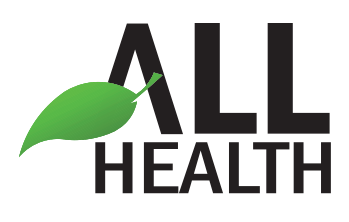

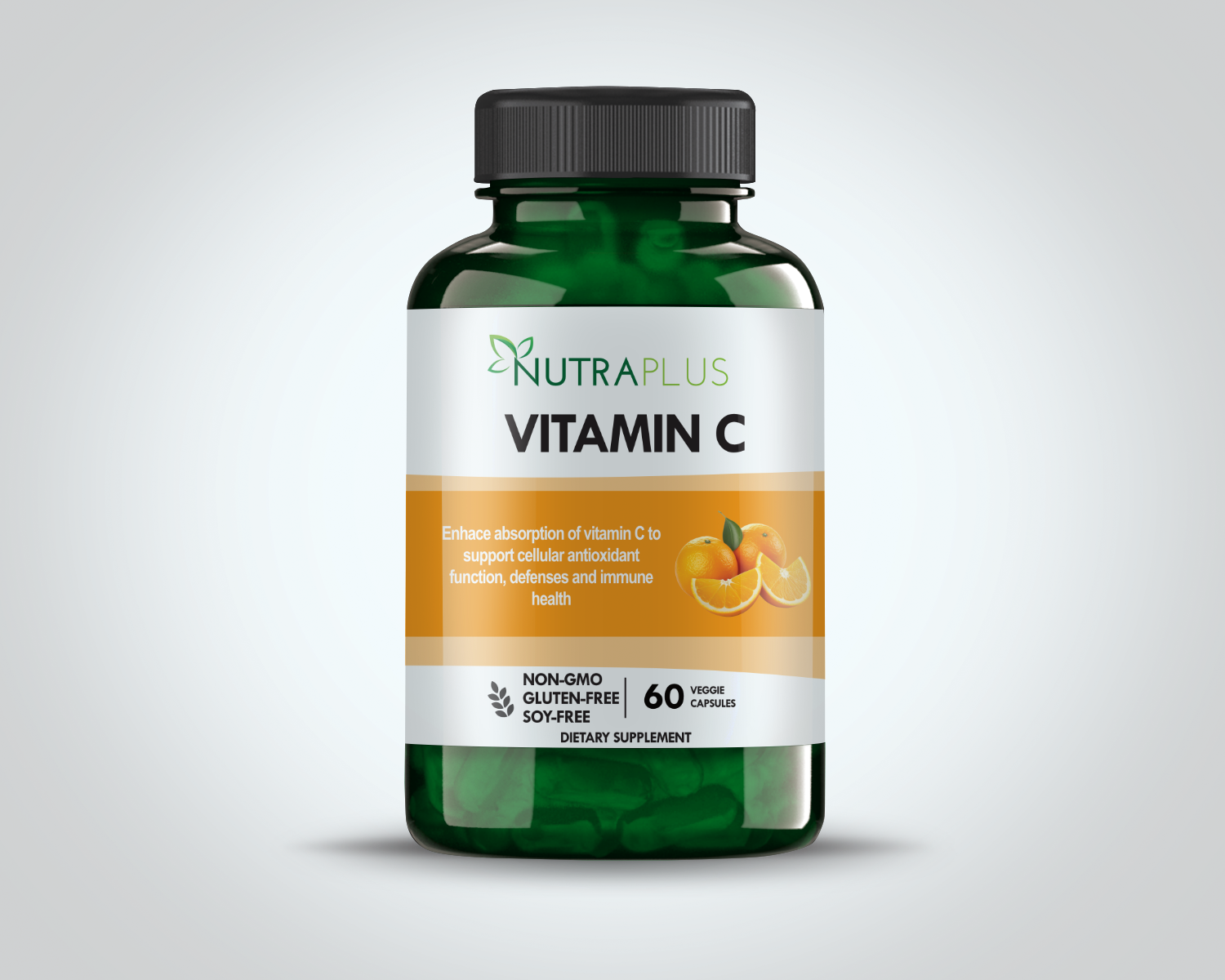


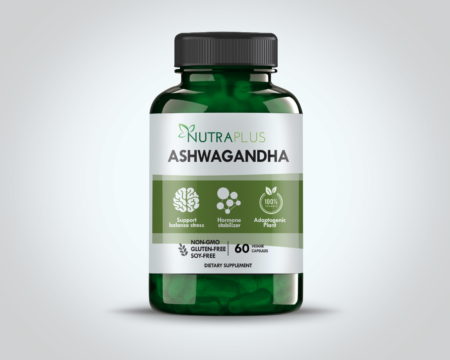
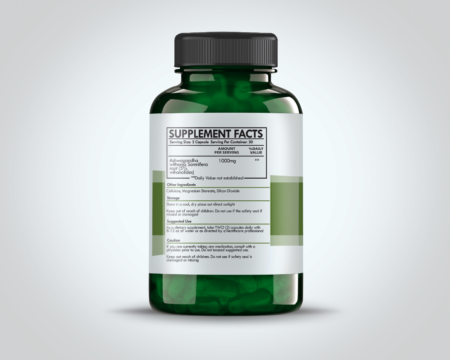
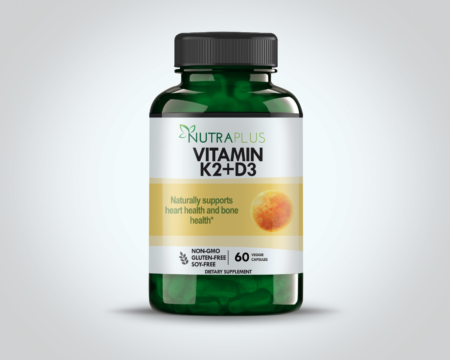


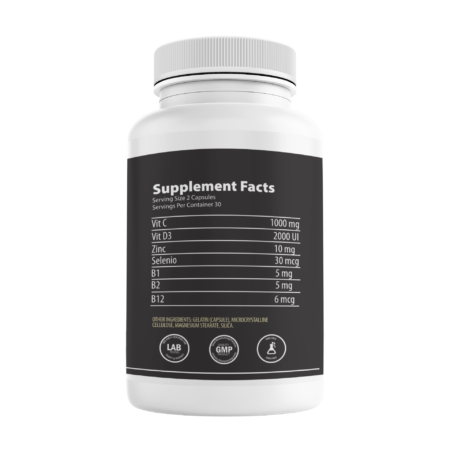
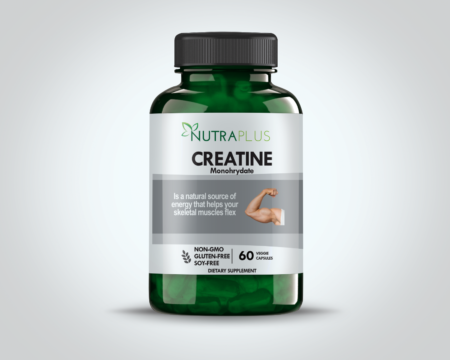
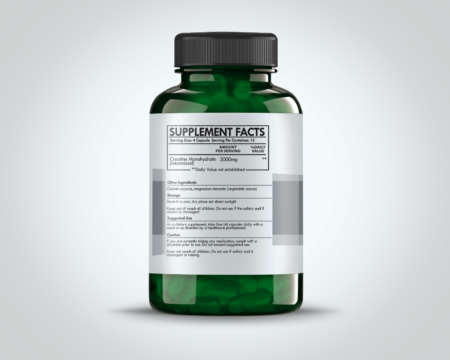

Valoraciones
No hay valoraciones aún.